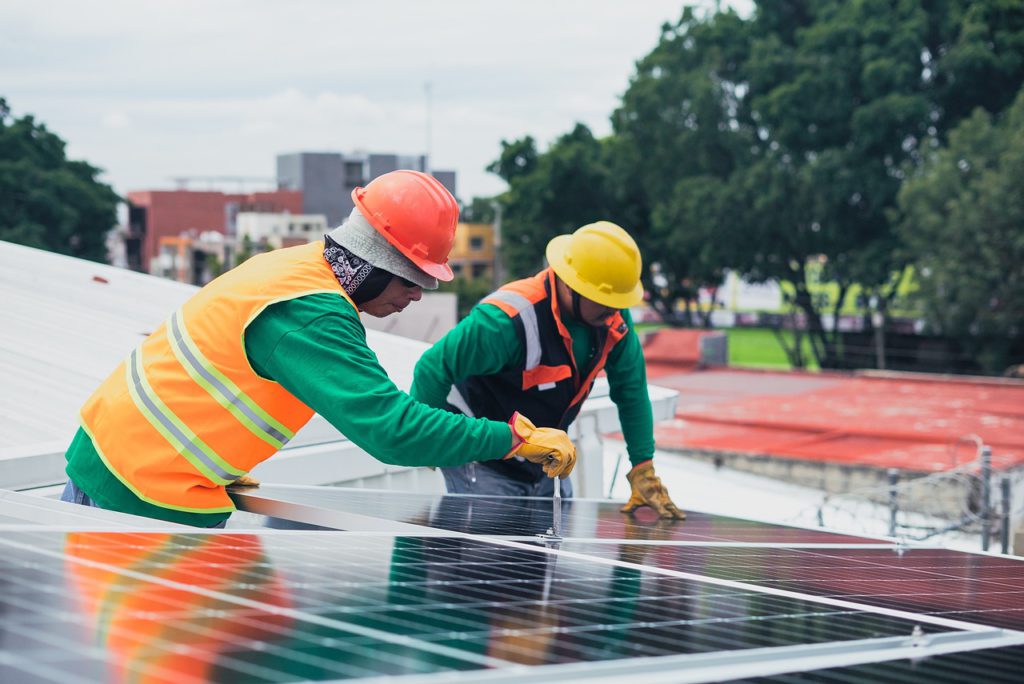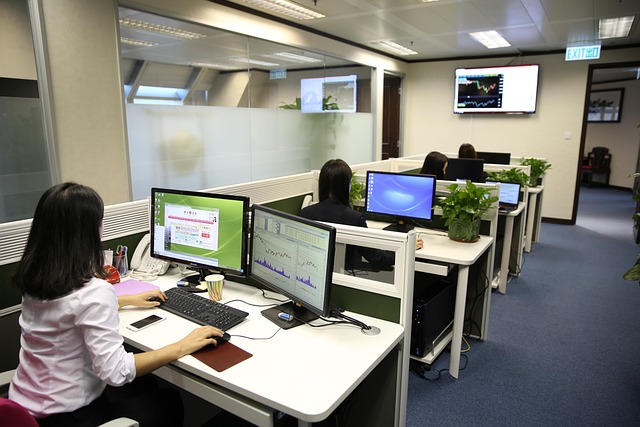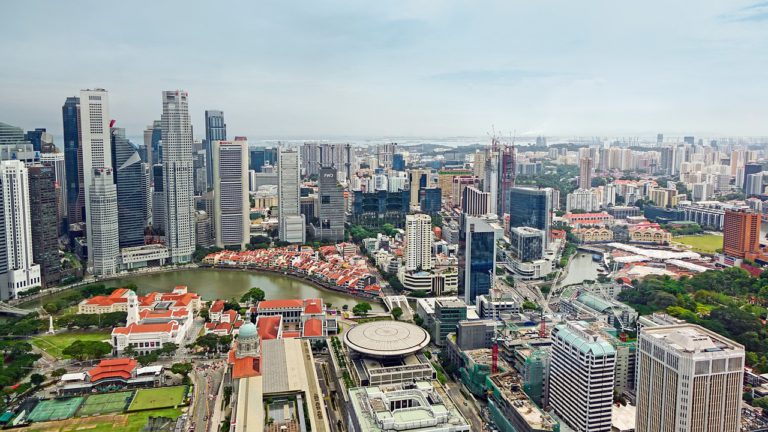Singapore’s “hub approach” to decarbonisation spells huge growth potential for the green economy—and massively boosts chances of residency approvals for green professionals.Demand for Carbon Professionals & amp Its Implications on Immigration
Demand for Carbon Professionals & Its Implications on Immigration
- Singapore seeks to become a global carbon services and trading hub, with the goal of developing a deep, comprehensive carbon services ecosystem.
- In line with this vision, Singapore has listed four carbon-related occupations on the Shortage Occupation List (SOL): carbon verification and audit specialist, carbon trader, carbon programme manager and carbon standards & methodology analyst. Professionals working roles listed in the SOL stand higher chances of approval for Employment Pass (EP) applications.
- Due to the worldwide shortage of carbon and green talent, Singapore has largely taken an international recruitment approach, recruiting for positions across the junior and senior levels.
- The decarbonisation sector is expected to create 50,000 new jobs by 2030, signalling its immense growth potential.
Beyond merely growing its decarbonisation sector, Singapore seeks to become a regional and global “hub” for carbon services—a much more ambitious goal. How does that influence Singapore’s recruitment approach, and what does that mean for its immigration regime?
Becoming a Carbon Services Hub: Demand for Carbon Professionals
To become a carbon services hub, Singapore’s green talent must be exceptionally robust across all levels.
Quality Workforce Pool
For Singapore to realise its vision of becoming a hub, recruitment cannot stop at only meeting the country’s own decarbonisation needs. Becoming a “hub” implies service provision, intellectual authority and innovative leadership for the rest of the world. In other words, Singapore must think bigger—it needs strength in numbers across every level of experience in the decarbonisation sector, and the quality of talent must be unparalleled.
When translated into actual policy, Singapore’s recruitment strategy has to be aggressive at all levels. Well-educated fresh graduates are needed in junior positions to stimulate innovation and invigorate the sector. Experienced managers and mid-level professionals maintain high standards of service quality and bring with them deep, crucial technical knowledge. High-level executives, entrepreneurs and business leaders provide resources, networks and critical direction for the sector, as well as create employment opportunities by setting up their own companies, thus meeting service needs. Singapore’s need for green talent is, therefore, much more demanding and significant than usual.
Urgency for Talent in Climate Change
Singapore’s need for talent is further compounded by two things: the global shortage of green professionals and the rapid rate of climate change. Climate change has made the reduction of carbon emissions even more urgent: now, more than ever, fresh decarbonisation solutions are needed. However, Singapore lacks sufficient local talent, knowledge and expertise in such a nascent sector. Elsewhere, carbon professionals at all levels, from junior to senior roles, are also in short supply—forcing Singapore to internationalise the search for talent.
If Singapore is to meet its needs and become a carbon services hub, bringing in foreign talent at all levels is not just necessary—it is an imperative.
What Do Singapore’s Strategic Decarbonisation Needs Mean for Its Immigration Regime?
Shortage Occupation List (SOL)
Overall, Singapore’s aggressive recruitment strategy is clear to see in its immigration policies. The inclusion of four carbon service roles in the SOL indicates priority for carbon talent, translating into increased chances of approval for passes.
In the near future, Singapore is prioritising mid to senior-level decarbonisation professionals, with the goal of building up its foundation of carbon services. This is largely due to the nascency of the local decarbonisation sector: few people in Singapore have the requisite experience needed to train junior-level professionals. As Singapore’s need for junior-level professionals is already being met by local graduates and professionals with transferable skills seeking career conversion (such as legal and insurance professionals), there is a greater need for technical mentors to groom these talents. These experienced professionals also temporarily plug the decarbonisation skill gap, buying time to develop local talent. Professionals who meet these criteria include senior-level technical experts and educators with rich experience, such as university professors with prior industry exposure.
However, Singapore will still be on the lookout for junior professionals to complement and augment local numbers. The local supply of professionals remains small; fresh graduates from abroad continue to be desirable, due to their potential for professional growth and longer contribution period. While mid to senior-level technical professionals will continue to be prioritised, foreign junior-level professionals are highly welcome under existing immigration policies, and stand good chances of approval.
Attracting Green Entrepreneurs & Business Leaders
As Singapore’s decarbonisation sector expands and develops over the years, its focus will shift towards attracting green entrepreneurs, business leaders and senior-level executives. It is possible that specialised passes similar to Tech.Pass will be launched to provide more avenues and incentives for such talent to relocate to Singapore. Business leaders and entrepreneurs are prized for their networks, resources and deep knowledge of the decarbonisation sector, and are instrumental in creating jobs, funding cutting-edge innovation and taking the sector in new directions. Existing avenues for such professionals to enter Singapore include ONE Pass, which has attracted top-tier sustainability and carbon professionals to the country.
Demand for Carbon Professionals in Singapore
Due to the pressing nature and ambitiousness of Singapore’s decarbonisation needs, as well as global scarcity, foreign carbon professionals at every level can expect high chances of approval for Work Passes. Foreign perspectives in decarbonisation are critical to economic growth in Singapore – they diversify service offerings, deepen existing knowledge and contribute to greater sectoral localisation and indigenous leadership capacity in the long run, as more local professionals gain training experience working hand-in-hand with them.







